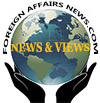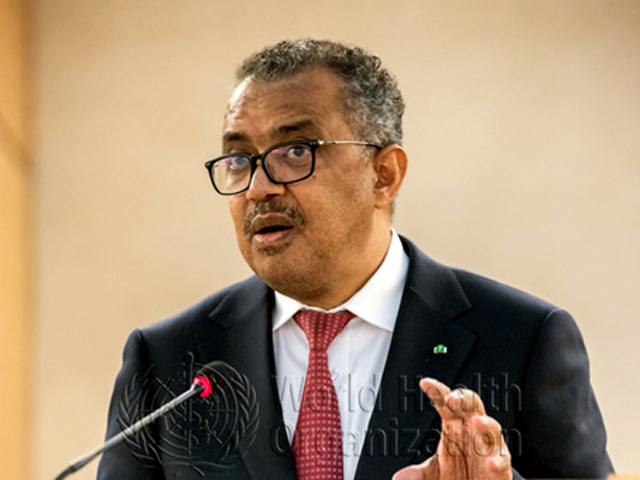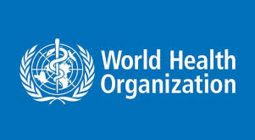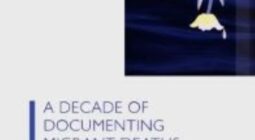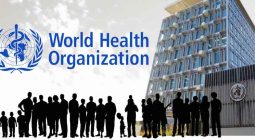At the 75th World Health Assembly, Member States agreed to adopt a landmark decision to improve the World Health Organization’s financing model.
According to the WHO press note release, the decision adopted, in full, the recommendations of a Sustainable Financing Working Group made up of WHO’s Member States, which was set up in January 2021 and chaired by Björn Kümmel, from Germany.
In one of the key recommendations in the Working Group’s report to the Health Assembly, Member States target a gradual increase of their assessed contributions (membership dues) to represent 50% of WHO’s core budget by the 2030-2031 budget cycle, at the latest. In the last budget biennium, 2020-2021, assessed contributions represented only 16% of the approved programme budget.
The report includes other recommendations, such as exploring the feasibility of a replenishment mechanism to broaden the financing base. It also asks the WHO Secretariat to work with a Member States task group to strengthen WHO’s governance, which will make recommendations on transparency, efficiency, accountability and compliance. The task group’s work will help ensure that increases to Member States’ assessed contributions will be accompanied by further reforms to the way the Organization operates, the note said.
WHO’s current financing model has been identified by many experts as posing a risk to the integrity and independence of its work. WHO’s over-reliance on voluntary contributions, with a large proportion earmarked for specific areas of work, results in an ongoing misalignment between organizational priorities and the ability to finance them. The recommendations today are designed to substantially address these shortcomings.
It is intended that the gradual increase to assessed contributions will start with WHO’s 2024-25 budget, with a proposed 20% increase over the assessed contributions in the approved 2022-23 base budget. The aim is to reach 50% of WHO’s budget by 2028-2029 if possible, and by 2030-31 at the latest, up from the current 16% in 2020-21. This would mean that by 2028-2029, WHO would see an increase of roughly US$ 600 million a year in the part of its income that comes from the most sustainable and predictable sources.
More predictable and sustainable funding for WHO makes economic sense for the Organization’s contributors, with its new investment case ‘A Healthy Return’ showing that every US dollar invested in WHO delivers a return on investment of at least 35 US dollars. Sustainable financing will better equip WHO to deliver more effectively for all its Member States and their populations, for example through longer-term programming in countries and attracting and retaining expertise, it added.
Meanwhile, World Health Assembly re-elects Dr. Tedros Adhanom Ghebreyesus to second term as WHO Director-General
WHO Member States today re-elected Dr. Tedros Adhanom Ghebreyesus to serve a second five-year term as Director-General of the world’s leading public health agency. Dr. Tedros was first elected in 2017, the note reads.
His re-election was confirmed during the 75th World Health Assembly in Geneva. He was the sole candidate.
Dr Tedros’s new mandate officially commences on 16 August 2022. A Director-General can be re-appointed once, in accordance with World Health Assembly rules and procedures.
Before first being appointed WHO Director-General, Dr Tedros served as Minister of Foreign Affairs, Ethiopia from 2012–2016 and as Minister of Health, Ethiopia from 2005–2012. He had also served as chair of the Board of the Global Fund to Fight AIDS, Tuberculosis and Malaria; as chair of the Roll Back Malaria (RBM) Partnership Board; and as co-chair of the Board of the Partnership for Maternal, Newborn and Child Health.
